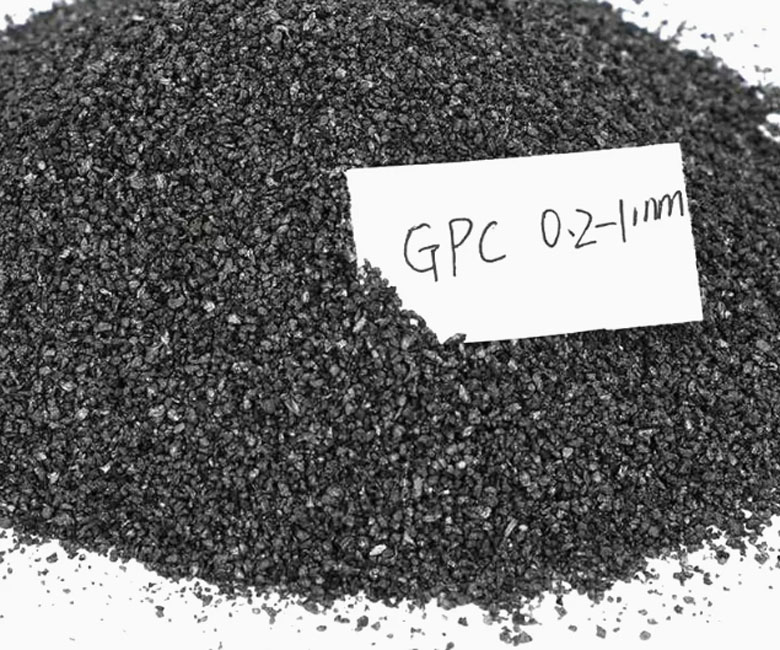
Petroleum Coke (also known as petroleum coke) is an important oil refinery byproduct that has many uses in industries including power generation and aluminum production. It can also be used to make steel, cement, and other metals. However, it has also been associated with environmental issues due to its combustible nature and its harmful emissions. It is therefore imperative that companies using this resource implement systems to control emissions, as well as adhere to strict environmental policies to minimize its ecological footprint.
Petroleum coke is not only a source for energy but can also be used in furnaces as a fuel and an additive to smelt iron ore. It is a key component in the production of carbon products, such as graphite electrodes. In some countries, it is used to replace coal in boilers. However, the most common use of petroleum coke is as a blending fuel in power generation. This is done with conventional cyclone and P.C. boilers as well fluidized bed, and gasification systems.
There are different grades available of petroleum coke with different volatile matter, heating values and metals. The most common petroleum coke is the calcined coke. Its volatile matter content has been reduced to less that 10%. Other types include fuel-grade coke (also known as green coke) and anode-grade coke (low in sulfur and metals).
The higher its volatile matter content, the more combustible petroleum coke will be. This increases the calorific value of petroleum coke, making it a great fuel for power generation. However, higher volatile matter content also leads to more air pollutants such as particulates and sulphur oxides. Anode grade petroleum coke, on the other hand, has a lower content of volatile matter and is better suited to metal smelting due to its low impurities.
The United States, and other industrialized countries, use pulverized coal boilers as the most common large combustion system for electricity production. These boilers can burn different fuels, such as petroleum coke, and still comply with environmental regulations. The main disadvantage of using petroleum coke as a blending fuel in these large power plants is that it has a low heating value and ash content, limiting its use as an alternative to coal.
Anode coke is a blend fuel that is highly desirable because of its low impurities. It also has good thermal properties. It is an important component in the production anodes for aluminum production, where it acts a reducing agents by removing oxygen to increase the conductivity of aluminum. This grade of coke must be of high quality to meet the requirements of this process, and it must have a low sulfur and heavy metal content. To ensure this is the case anode-grade is screened as part of the refinement. It is also sifted after the smelting and refining process to remove any impurities and to ensure that it meets industry standards.

Write a Message